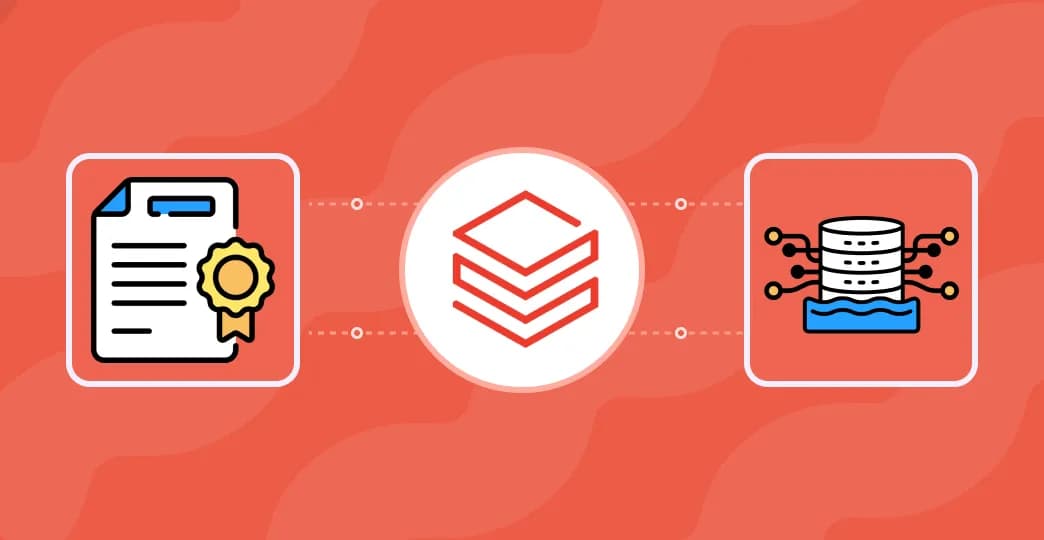Building Resilient ELT Pipelines Using Integration Testing

Learning Objectives
Overview
Imagine you're building a complex data pipeline, the lifeblood of your organization's analytics. Each part – extracting data from APIs, cleaning customer records, transforming product information, and loading it into a warehouse – seems to work perfectly on its own when you unit test it. But what happens when these parts try to talk to each other?
This masterclass takes you on a journey beyond individual components. We'll explore the crucial "handshakes" between different stages of your ELT pipeline. You'll discover how a small change in an external API schema, unexpected data values, or a transformation step that isn't repeatable can silently corrupt your data or bring your entire pipeline crashing down.
We'll dive into practical, code-first examples directly from a real-world testing notebook. You'll learn how to:
- Go from simple unit tests to robust integration tests that simulate real-world data issues.
- Strategically test the "boundaries" where your pipeline meets external systems and manage the risks of changing dependencies.
- Ensure your transformations are "idempotent" – so re-running a job doesn't lead to disastrous data duplication.
- Master the art of "mocking" to test interactions with databases and APIs without needing the real things to be live.
- Use tools like
Fakerto generate diverse and realistic test data that uncovers hidden bugs.
By the end, you won't just be testing parts; you'll be testing the flow, the integrity, and the resilience of your entire data pipeline, ensuring the data you deliver is trustworthy and your systems are robust enough for the real world.
Prerequisites
- Basic understanding of Python programming.
- Familiarity with the concept of ELT (Extract, Load, Transform) or ETL pipelines.
- Awareness of what unit testing is.